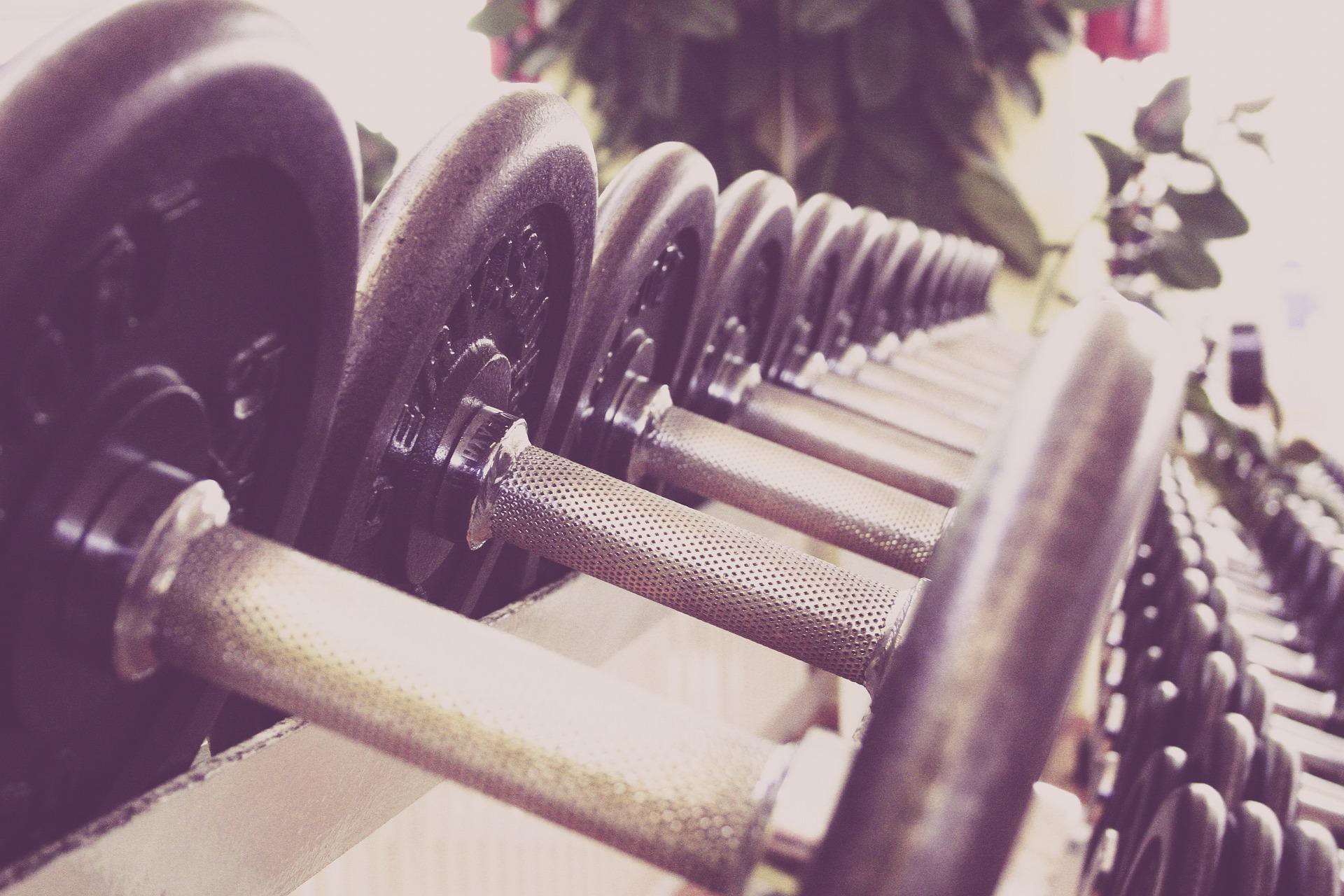Can I Sue for a Gym Accident?

While sore muscles and joints are fairly normal symptoms of strenuous workouts, more serious injuries that happen at the gym can result in substantial physical, financial, and personal losses. Unfortunately, filing suit against an individual or company over this type of accident can be a uniquely complicated process, since there are several defenses gyms often have for avoiding liability for members’ injuries that can be challenging to overcome.
Ultimately, the answer to the question, “Can I sue for a gym accident?” will be different for each person based on their specific circumstances and—to some extent—what protections the gym in question does or does not have in place to free them from civil liability for accidents on their property. That said, below is a broad overview on when this kind of claim might be possible and what you could do to strengthen your potential lawsuit.
When Are Gyms Liable for Accidents?
Like anyone else who invites lawful visitors onto privately owned property, gym owners and employees generally have a “duty” to ensure their land is reasonably safe. This means inspecting it regularly for hazards and addressing known hazards—either by fixing them or warning visitors about them—in a prompt manner. Any violation of this duty which directly leads to a gym patron being injured could impose civil liability on the irresponsible party for any ensuing losses that patron sustains.
However, that does not mean gyms are liable for every accident and every injury that occurs on their property, especially if an injured person’s own negligence was partially or primarily responsible for causing the accident in the first place. Depending on which state the accident occurs in, “comparative fault” like this could lead to an injured person being restricted from recovering for the full value of their damages or even being barred from obtaining any compensation whatsoever.
The Impact of Liability Waivers and “Assumption of Risk”
Liability waivers are another big factor in many gym accident lawsuits, since virtually every gym requires all their members to sign one before joining. At a glance, these forms seem to absolve the gym of any liability at all for anything bad that happens on their property. In the same vein, gyms—and the companies insuring them—often argue that people using their workout equipment knowingly “assumed” a risk of injury based on the knowledge that any physical exertion could result in injury, and for that reason an injured person has no standing to sue.
Importantly, though, these waivers and “assumptions” are not always legally enforceable, especially if they are written in intentionally confusing ways or applied to people like minors who may not legally be bound by such agreements. Furthermore, liability waivers do not absolve gyms of liability for gross negligence or intentional misconduct by a gym employee or owner.
What to Do Immediately After a Gym Accident
Regardless of how a gym accident happens, anyone who wants to sue over one should take steps to preserve their rights and strengthen their claim. This entails not only getting immediate medical attention and diagnosis, but also reporting the accident and injury to property management, taking photos of injuries and the accident scene itself, and getting contact information from witnesses who saw the incident happen.
It is also vital to keep all bills, receipts, messages, and other communications from anyone involved in the case, particularly treating physicians who provided care for accident-related injuries. Once retained, a skilled premises liability attorney could incorporate all this evidence into the most comprehensive claim possible.













